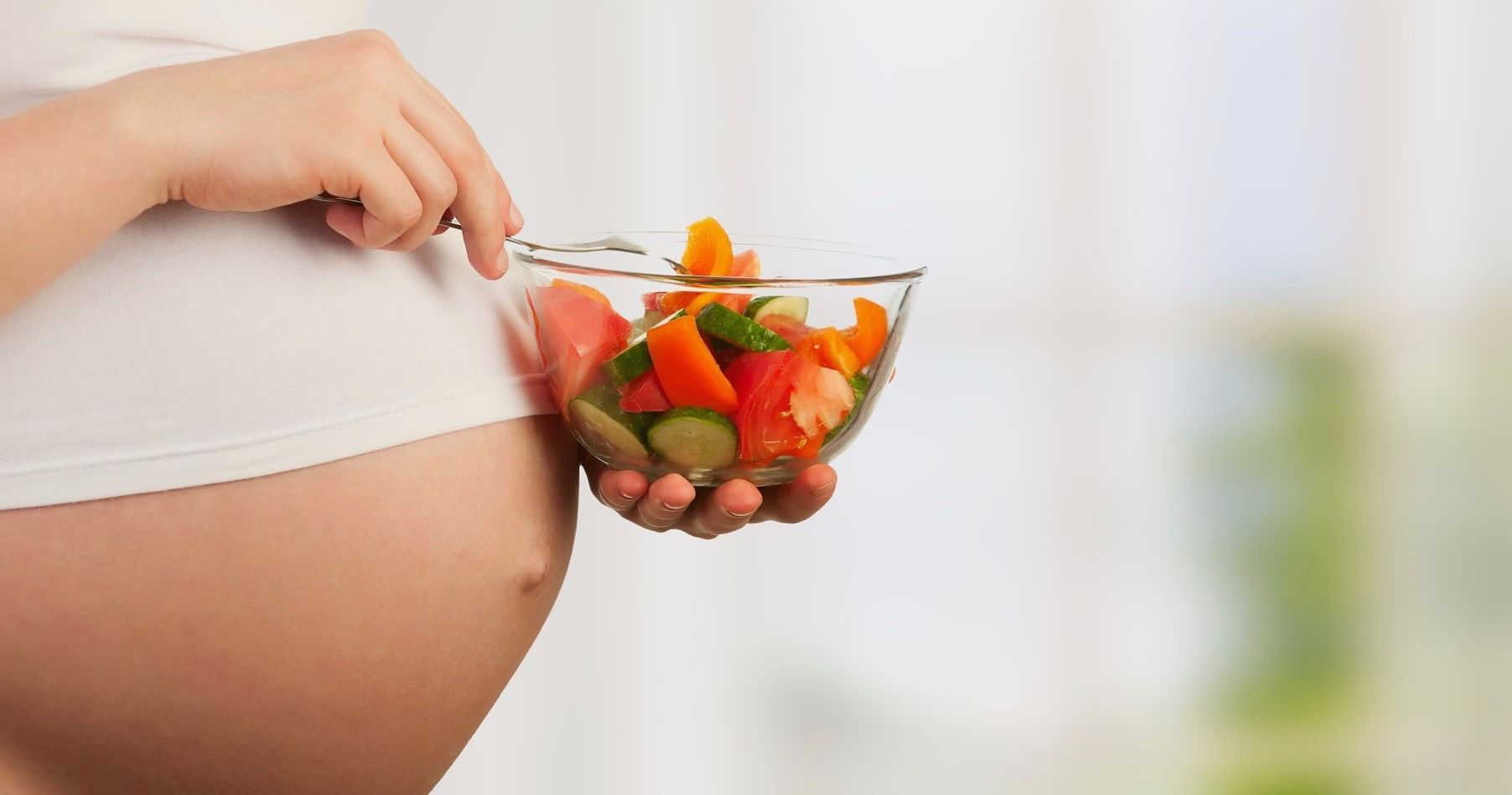During pregnancy, a woman’s diet should consist mainly of freshly cooked or freshly prepared food that is both healthy for the mother and her unborn child. There are a number of foods and beverages that should be avoided during pregnancy since they can harm either you or your baby. In addition, some foods and beverages have been linked to miscarriage or stillbirth.
Certain types of cheese, such as mold-ripened soft cheeses, such as brie, camembert and chevre, as well as soft blue-veined cheeses such as Danish blue or gorgonzola, may contain listeria, bacteria that can be harmful to your unborn baby. In addition, pregnant women should avoid all types of pâté, including vegetable pâtés, as which may contain listeria. Although listeria is relatively rare, even a mild form of the illness can result in miscarriage, stillbirth or severe illness in a newborn baby.
If you have or suspect you have a gluten allergy, you should naturally avoid gluten-based products. “There is no evidence to show that different sensitivities to different foods may cause a miscarriage, but women who have a medical diagnosis of celiac disease may have a higher risk of miscarriage if they are consuming gluten-based products at the time,” says Dr. Ashley Margeson, ND.
Pregnant women should also be careful when consuming eggs to prevent the risk of salmonella food poisoning. You should avoid eating foods that contain raw and undercooked eggs, such as homemade mayonnaise, as well as using cracked or dirty eggs. In addition, consuming raw or undercooked meat can result in toxoplasmosis, an infection caused by a parasite that can be found in meat, soil, cat feces and untreated water. Raw meat may also contain salmonella, campylobacter and E. coli, which can cause food poisoning.
When it comes to eating fish, which can be healthy for pregnant women since it contains essential omega-3 fatty acids, you should be aware of mercury. Shark, broadbill, catfish, marlin, tuna and swordfish should be eaten no more than once every couple of weeks. Also, raw shellfish, such as oysters, can contain harmful bacteria and viruses, such as listeria, and can cause food poisoning. When consuming sushi, pregnant women should stick to fully cooked or vegetarian varieties, such as cooked eel (unagi) or shrimp (ebi), vegetables, like cucumber (kappa) maki, and avocado.
Cold cured meats, like cold cooked chicken, salami, parma ham, chorizo and pepperoni, as well as smoked fish, may carry a risk of listeria, or the toxoplasma parasite that causes toxoplasmosis, which has been associated with a number of neurological disorders, particularly schizophrenia and bipolar disorder. Also, pre-prepared or pre-packaged fruit or vegetables, such as those from buffets and salad bars, have a higher risk of listeria contamination, which can result in miscarriage.
According to Juliana A. Parker, RN, RNC-OB, CLE, “If you are allergic to foods, ingesting them may have a secondary effect on your baby depending on how the allergy affects you. For example, if you have an anaphylactic reaction to peanuts and you eat a peanut, the peanut will not directly harm the unborn fetus, but the lack of oxygen from the expectant mother's throat swelling will obviously affect her baby.”
When it comes to beverages, most pregnant women know they should avoid alcohol and reduce their intake of caffeine, yet there are some foods and beverages that fly below the radar. According to Jaclyn Bowen, MPH, MS, Clean Label Project Executive Director, “In consuming certain decaf coffee products, pregnant women are unknowingly ingesting varying amounts of the toxic substance methylene chloride, which is used as the main solvent in the decaffeination process in some products. However, there also are 100% chemical-free decaffeination processes.”
Pregnant women should also be careful when consuming unpasteurized milk or soft ice-creams, which have a higher risk of listeria contamination. High levels of caffeine can increase the risk of miscarriage, low birth weight and labor complications. During pregnancy, you should consume no more than 300mg of caffeine a day.
“Alcohol should be avoided altogether to eliminate birth defects and premature delivery. The data isn’t sufficient enough to determine a safe consumable amount for mom, nor the exact effects it can have on a developing fetus,” says Stacy Fayling, BSN, RN, CLC.
RELATED: 10 Pregnancy Superfoods Good for your Baby’s Brain Development
Although a well-balanced diet is essential for any pregnant woman’s well-being, it is also important to take into account the baby’s needs and well-being as well. Most women know what they should consume and what they should avoid during pregnancy, yet if you have any doubts regarding specific foods or beverages, you should check with your doctor.

